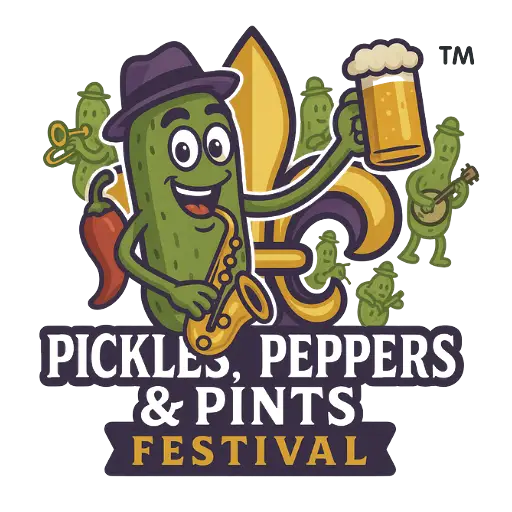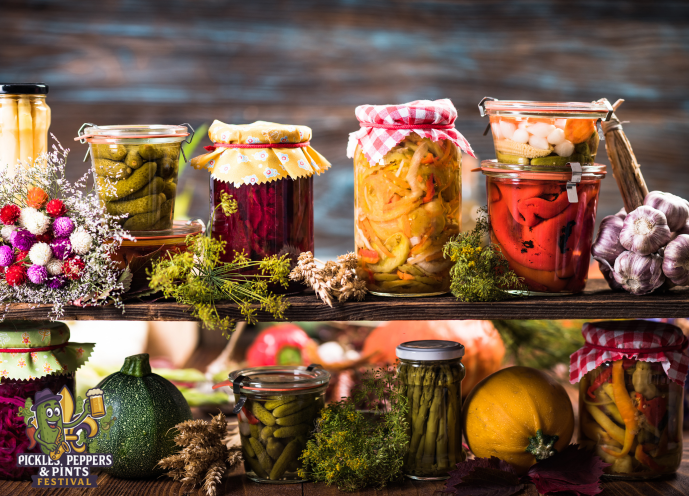From ancient Mesopotamia to modern-day New Orleans, pickling has stood the test of time—offering flavor, longevity, and health in every bite.
The Origins of Pickling
Pickling is one of the oldest known methods of food preservation, dating back more than 4,000 years. Early civilizations in Mesopotamia and India soaked cucumbers in salty brine to preserve them in the absence of refrigeration. The word “pickle” is derived from the Dutch word pekel, meaning brine or salt water, which was essential to the process of preservation [1].
A Global Tradition
While cucumbers may be the most recognizable pickled item in the U.S., nearly every culture has its own iconic version of pickled or fermented food:
- Japan: Tsukemono includes pickled daikon, plums, and ginger and is traditionally served as a side dish.
- India: Achar is made with mango, lime, garlic, or chili, and preserved with oil and spices.
- Korea: Kimchi, made from fermented cabbage and radishes, is a staple of every Korean meal.
- Eastern Europe: Sauerkraut and pickled herring are common, especially during holidays.
- Mexico: Pickled jalapeños, carrots, and onions are classic taco toppings.
- Southern U.S.: Think pickled okra, green beans, watermelon rinds, and chow-chow.
Each region reflects its climate, agriculture, and traditions through its pickled offerings—making this culinary technique a global connector.
Pickles Beyond the Plate
Pickles aren’t just for burgers and sandwiches. They’ve taken on a creative life of their own:
- In cocktails: Pickle juice is the star of the Pickleback shot and an essential Bloody Mary add-on.
- In snacks: Pickle-flavored chips, popcorn, and sunflower seeds have become trendy.
- In high-end cuisine: Chefs add pickled vegetables to elevate flavor profiles and balance richness in gourmet dishes.
The Health Benefits of Pickling
Pickled and fermented foods aren’t just delicious—they can be good for you, too. Here’s how:
- Supports gut health: Naturally fermented pickles like kimchi or sauerkraut contain probiotics, which promote a healthy gut microbiome [2].
- May help regulate blood sugar: Vinegar in pickled foods can improve insulin sensitivity and lower blood sugar spikes after meals [3].
- Rich in antioxidants: Many vegetables retain their antioxidant properties when pickled, which help reduce inflammation and oxidative stress [4].
- Helps with hydration and cramping: Pickle juice is rich in electrolytes like sodium and potassium, which can help with muscle cramps and hydration in athletes [5].
Of course, pickled foods can be high in sodium, so moderation is key—especially for those watching their salt intake.
Celebrate the Tangy Tradition in NOLA
Pickling is more than a trend—it’s a flavorful, healthful, and global tradition. And we’re celebrating it right here in New Orleans.
Join us on October 25th at Marsalis Harmony Park for the Pickles, Peppers & Pints Festival, where we’ll showcase pickling in all its forms—from local restaurant creations to traditional global recipes, DIY kits, and pickled drink pairings. It’s a celebration of culture, creativity, and community.
General admission is free, and VIP and special experience tickets are available for purchase. Whether you’re a die-hard pickle lover or just pickle-curious, there’s something for everyone at this one-of-a-kind festival.


